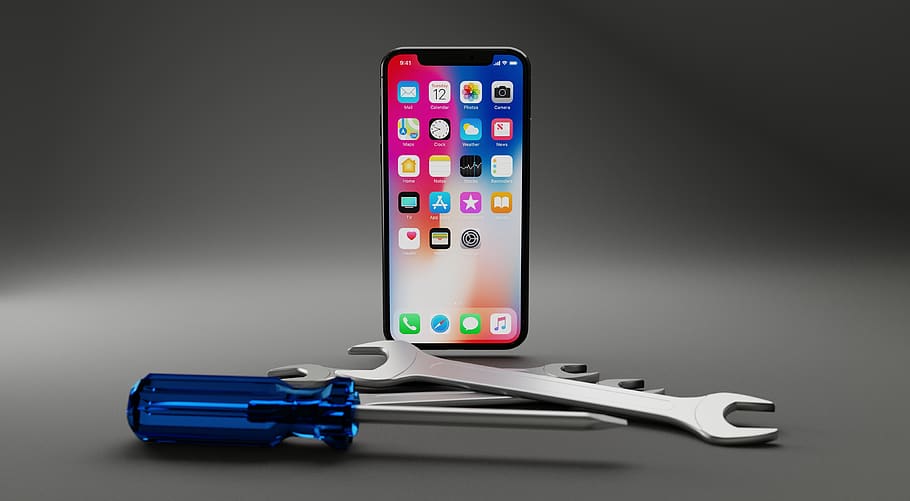The Hyundai I30 has established itself as a reliable and highly regarded compact car, renowned for its combination of performance, efficiency, and worth. Its main selling point is its engine lineup that has been developed to meet a wide array of drivers’ desires and requirements. Here’s a complete review of all you need to know about the engine options that are available on the Hyundai i30.
Engine Options and Performance
Hyundai I30 engine Hyundai I30 engine has a range of engines which cater to different driving styles and requirements. The engine lineup usually includes petrol, diesel, and sometimes hybrid options depending on the model year and market.
Petrol Engines: The i30’s gasoline engines are designed to offer the best of both performance and fuel efficiency. The engine that is standard in most recent models is a 2.0-liter four-cylinder unit that has a power output of around 150 hp. The engine offers a smooth and quick driving experience, which makes it suitable for both urban and highway driving. For those seeking more performance, there’s often an optional turbocharged 1.6-liter four-cylinder engine that could produce up to 200 horsepower. The engine is typically used in more sporty models such as the i30 N, which is designed for enthusiasts who appreciate a more dynamic driving experience.
Diesel Engines: Diesel engine found in the i30 provide excellent fuel efficiency, making them a popular choice for those who frequently drive long distances. The most commonly used diesel engine is one that is a 1.6-liter four-cylinder model, which typically produces around 130 horsepower. It offers a nice blend of efficiency and power and less CO2 emissions than its petrol counterparts. Diesel engines are particularly beneficial to those who are looking for long-term fuel savings and lower operating costs.
Hybrid Engines: In certain markets the i30 is also offered equipped with hybrid engines. These engines blend a petrol engine with an electric motor in order to increase the efficiency of fuel and decrease emissions. While hybrid options are less common, they represent Hyundai’s determination to provide environmentally friendly vehicle options.
Transmission and Driving Experience
The Hyundai i30 generally comes with a range of transmission choices, including manual and automatic transmissions. The standard six-speed manual transmission gives you a more traditional experience, while the automated transmissions – usually a six-speed or dual-clutch seven-speed model–provide a convenient and smoother driving experience. Dual-clutch gear is favored for its quick shifting of gears and its improved acceleration.
Conclusion
The Hyundai i30’s engine choices are suited to a variety of drivers, from those looking for efficient daily commuting to enthusiasts looking for a more spirited drive. With a range of petrol, diesel, and sometimes hybrid engines and hybrid engines, the i30 delivers a compelling blend of performance, efficiency, and reliability, making it a strong contender in the highly competitive compact car segment.


